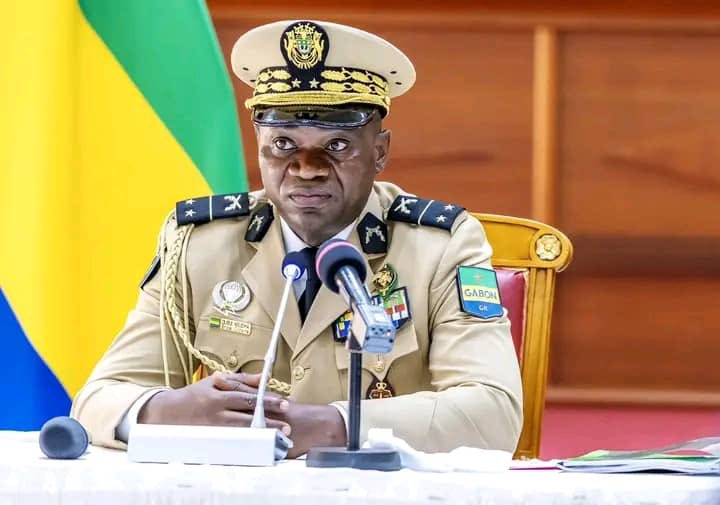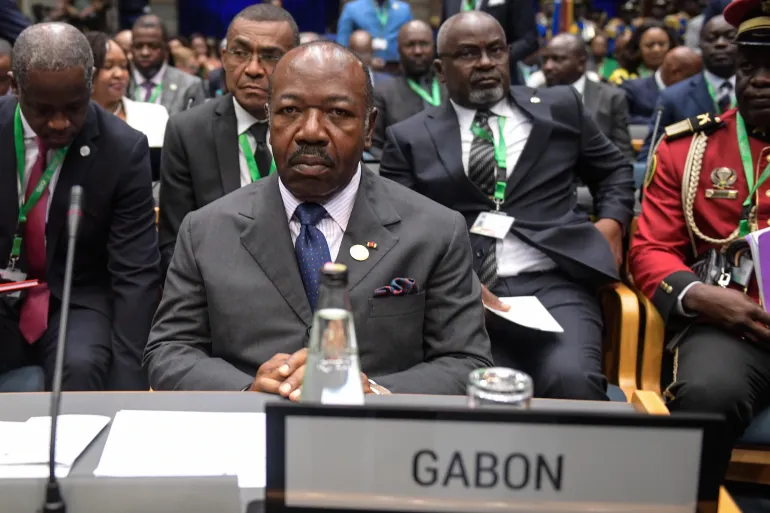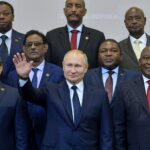Gabonese voters approved the new Constitution proposed by the country’s military rulers.
The proposed new Constitution sets out a vision of a presidency with a maximum of two terms but increases the length from five to seven years. It also abolishes the post of prime minister and stops family members from succeeding a president. Presidential candidates would have to be exclusively Gabonese – with at least one Gabon-born parent – and have a Gabonese spouse.
An estimated 860,000 people in Gabon were registered to vote.
The new Constitution is one of the major promises General Brice Clotaire Oligui Nguema made after taking power in the August 30 coup that freed Gabon from political slavery, officials said.
Referendum represents a potential turning point for the country’s democracy after years of dynastic rule under the Bongo family. Changes could strengthen democratic governance and civilian rule by reducing the concentration of power within political families.
However, the constitution consolidates significant authority in the presidency, such as the ability to dissolve parliament and appoint judicial members, raising concerns about potential over-centralization of power. Critics also highlight the junta’s dominant role in drafting the document and the process’s impartiality, particularly as the interim leader, General Brice Oligui Nguema, has not been excluded from running in future elections. These dynamics create uncertainty about whether the reforms will genuinely decentralize power or perpetuate control by current transitional authorities.

More on this story: The President of Gabon Oligui Nguema wants to stay in power
The new constitution’s implementation is framed as part of Gabon’s democratic transition, with elections scheduled for 2025. Its success in fostering democracy depends on transparent electoral processes and checks to ensure that power is not abused under the new framework.
Reactions to Gabon’s new constitution among political forces are mixed and reflect broader debates on democratic progress versus centralized control. Many opposition groups cautiously welcome reforms like term limits and the ban on dynastic rule but remain skeptical about the junta’s intentions. Concerns focus on the process’s transparency and provisions that consolidate power in the presidency, such as emergency powers and the ability to dissolve parliament. The new Gabonese constitution faces several challenges:
Power Centralization: It grants significant authority to the president, including powers to dissolve parliament and declare emergencies, potentially undermining checks and balances.
Transparency Concerns: Critics question the fairness of the constitutional drafting and referendum process, given the military junta’s dominant role.
Exclusionary Criteria: Stringent eligibility rules for presidential candidates may marginalize certain political actors.
Sustainability of Reforms: Ensuring these reforms lead to genuine democratic transitions, rather than entrenching military-backed leadership, remains uncertain.
The new Gabonese constitution may pose risks to ethnic tolerance and security due to its exclusionary criteria for political participation. For instance, requirements such as Gabonese-born parentage and restrictions on dual nationals could alienate minority groups or naturalized citizens, potentially exacerbating ethnic tensions.
Ethnic tensions in Gabon have historically stemmed from disparities in political and economic representation among its diverse ethnic groups, such as the Fang, Nzebi, Myene, and others. While the Fang group constitutes a significant portion of the population, other groups have expressed concerns about marginalization in government and resource allocation. These tensions are often compounded by regional divisions and perceptions of favoritism. Political instability, such as the military coup and changes in governance, can heighten these issues if not managed inclusively. Ensuring equity in representation is key to mitigating such tensionsAdditionally, the centralization of power in the presidency could lead to uneven governance, which might further marginalize certain regions or communities, increasing grievances. Ensuring inclusivity and addressing these risks will be crucial for maintaining stability and national unity.





